- Home›
- Healthy Living›
- 7 Must Try Home Remedies For Sleep Apnea
7 Must Try Home Remedies For Sleep Apnea
By: Priyanka Maheshwari Wed, 27 Sept 2023 12:23:07
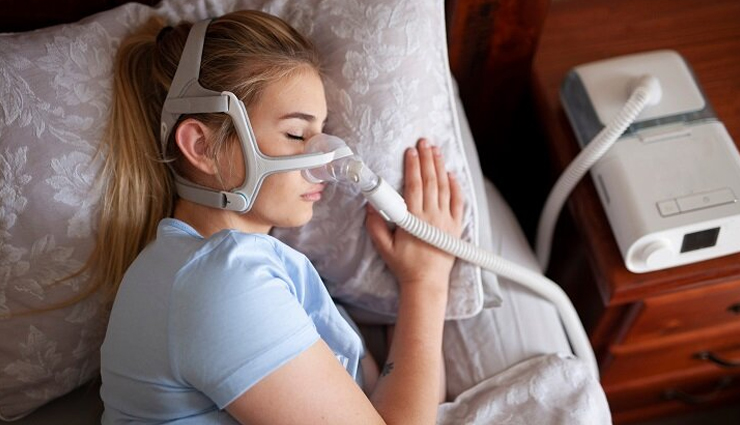
Sleep apnea is a sleep disorder characterized by pauses in breathing or shallow breaths during sleep. These interruptions in breathing can occur multiple times throughout the night and may last for a few seconds to a minute or more. Sleep apnea can have significant health consequences if left untreated.
There are three main types of sleep apnea:
* Obstructive Sleep Apnea (OSA)
This is the most common type of sleep apnea. It occurs when the muscles in the back of the throat relax excessively during sleep, causing the airway to become blocked or narrowed. As a result, breathing is temporarily disrupted or even stopped. When breathing resumes, it is often accompanied by a loud snort or choking sound.
* Central Sleep Apnea (CSA)
CSA is less common and involves a failure of the brain to transmit the proper signals to the muscles responsible for controlling breathing. Unlike OSA, in CSA, there may not be physical obstructions in the airway. Instead, breathing just stops because the brain doesn't send the necessary signals.
* Complex or Mixed Sleep Apnea
This is a combination of both OSA and CSA, and it is relatively rare.
Common signs and symptoms of sleep apnea include:
- Loud snoring.
- Excessive daytime sleepiness.
- Waking up frequently during the night to urinate (nocturia).
- Morning headaches.
- Difficulty concentrating and memory problems.
- Irritability and mood changes.
- Dry mouth or sore throat upon waking.
Home Remedies for Sleep Apnea
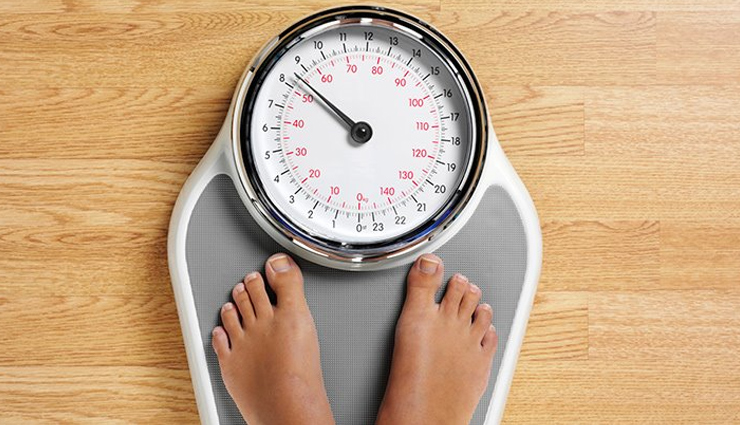
# Effectively Manage Your Weight
One of the most potent natural remedies for sleep apnea involves weight management. Individuals who are obese or overweight face an increased risk of airway obstruction due to excess fat in the throat and neck region. Research indicates that even a modest reduction in body weight among those with obesity can alleviate symptoms of obstructive sleep apnea, potentially reducing the necessity for surgical interventions or CPAP therapy. Nevertheless, further research is needed to substantiate these findings.
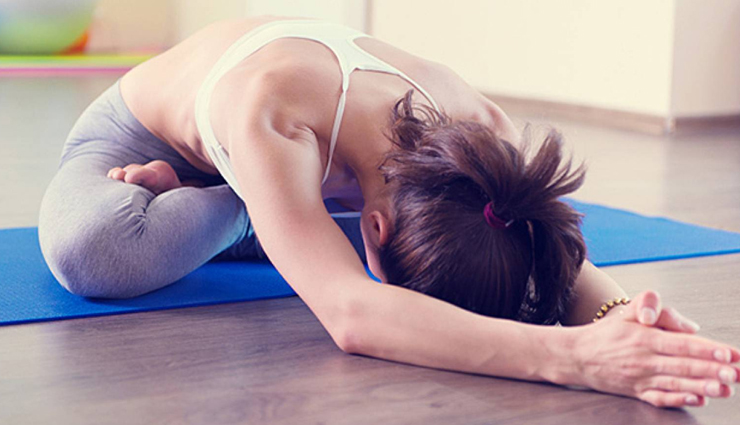
# Incorporate Yoga into Your Daily Routine
Yoga is often recommended as an effective remedy for sleep apnea, as it can enhance posture and respiratory function. Given the connection between low blood oxygen levels and sleep apnea, the practice of yoga may prove beneficial by improving circulation and oxygenation.
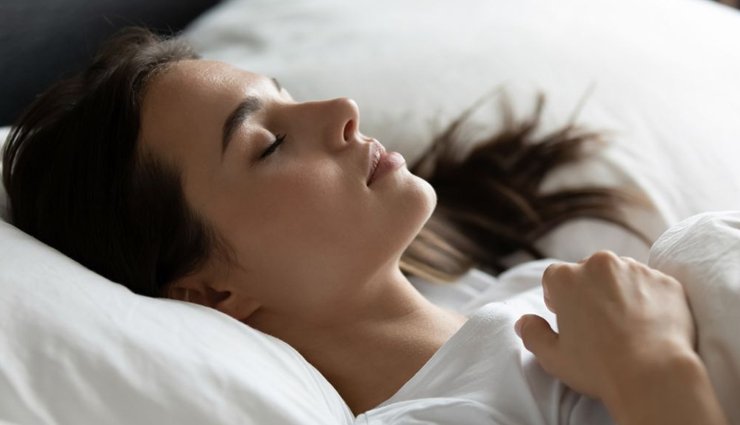
# Adopt a Side-Sleeping Position
Sleeping in a supine position (on your back) can exacerbate sleep apnea symptoms. Opting for a side-sleeping position may help maintain an unobstructed airway and enhance the quality of your sleep. If adjusting your sleeping position is challenging, consider using specialized pillows or alarms designed to encourage side-sleeping.
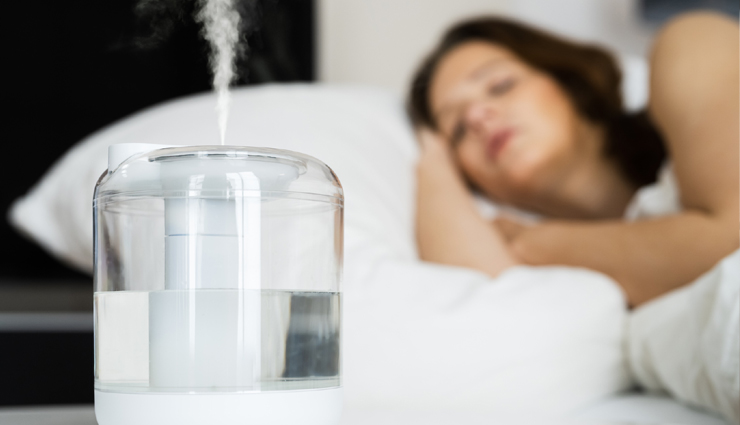
# Employ a Humidifier
While additional research is necessary, there is some evidence suggesting that a humidifier can alleviate symptoms such as a sore or dry throat, reduce congestion, and facilitate easier breathing. Nasal congestion and irritation in the upper airway can exacerbate sleep apnea symptoms, and dry air tends to worsen these conditions.
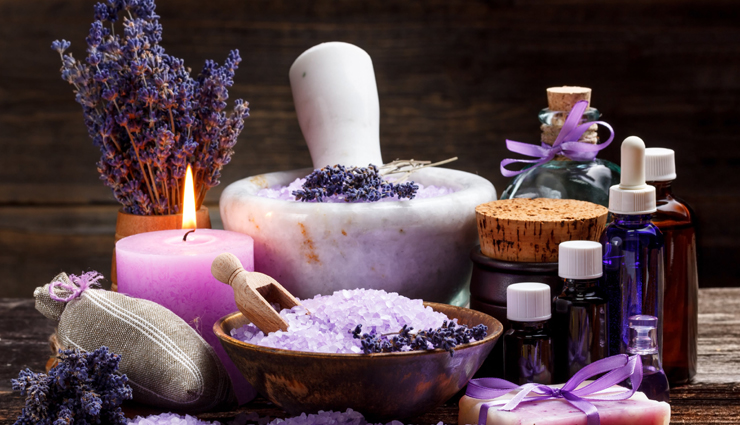
# Explore Aromatherapy
Certain essential oils, like peppermint and lavender, possess anti-inflammatory properties that can help soothe inflammation and irritation in the upper airway. Studies involving these essential oils have shown a reduction in sleep disturbances and the frequency and intensity of snoring. You can incorporate a few drops of these oils into your humidifier or use a diffuser before bedtime.
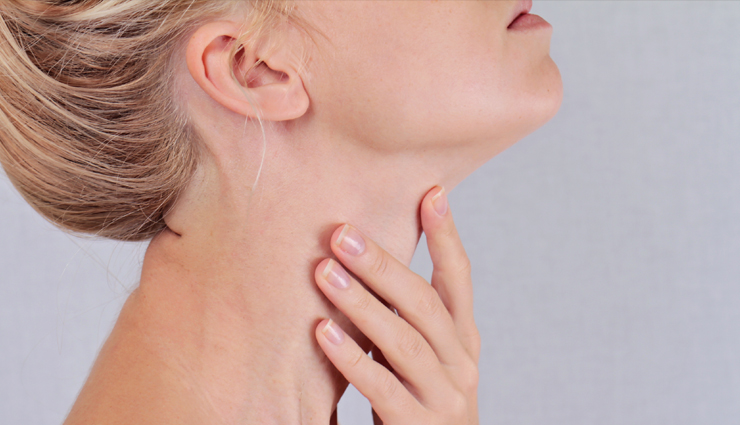
# Engage in Throat Strengthening Exercises
Specific throat exercises can aid in strengthening the muscles in the upper airway, reducing their tendency to collapse during sleep. Three commonly practiced tongue-strengthening exercises include:
- Repeatedly curling the tongue for a few minutes several times a day.
- Pronouncing the five vowels (a, e, i, o, and u) loudly.
- Singing.
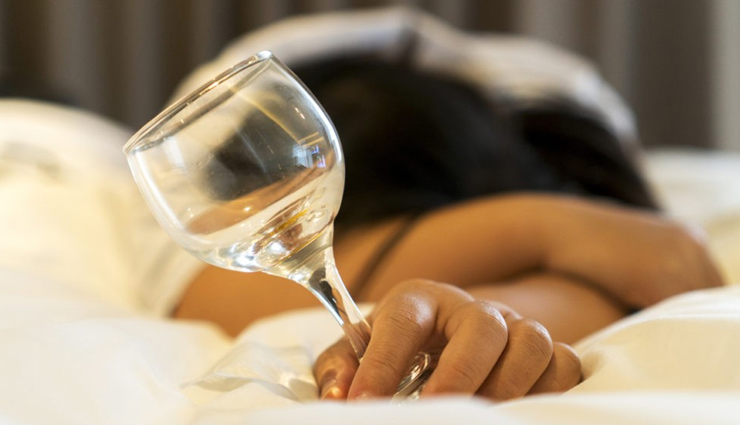
# Refrain from Alcohol Consumption Before Bed
Alcohol intake can exacerbate sleep apnea symptoms. This is because alcohol acts as a muscle relaxant, potentially over-relaxing the throat muscles responsible for controlling breathing. Additionally, alcohol can cause inflammation in the airway, leading to airflow obstruction.
There is anecdotal evidence suggesting that chiropractic neck care may also promote improved breathing and assist with sleep apnea. Depending on the severity of the condition, you may need to explore other treatment options, which will be discussed in the following section.





